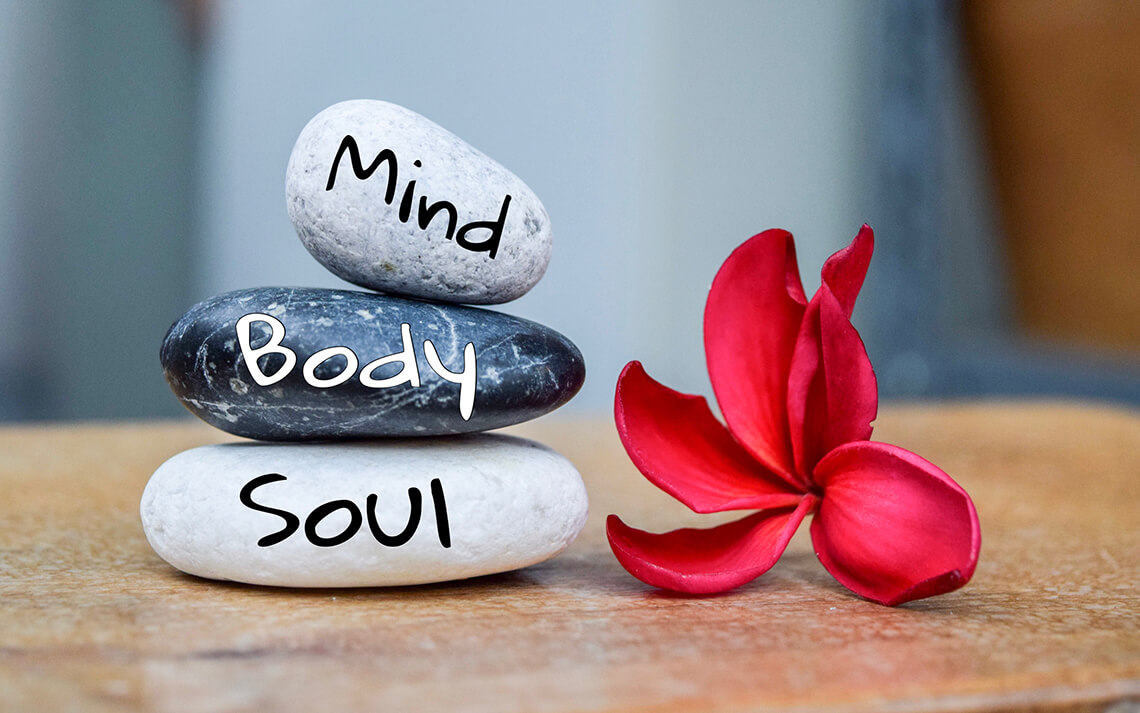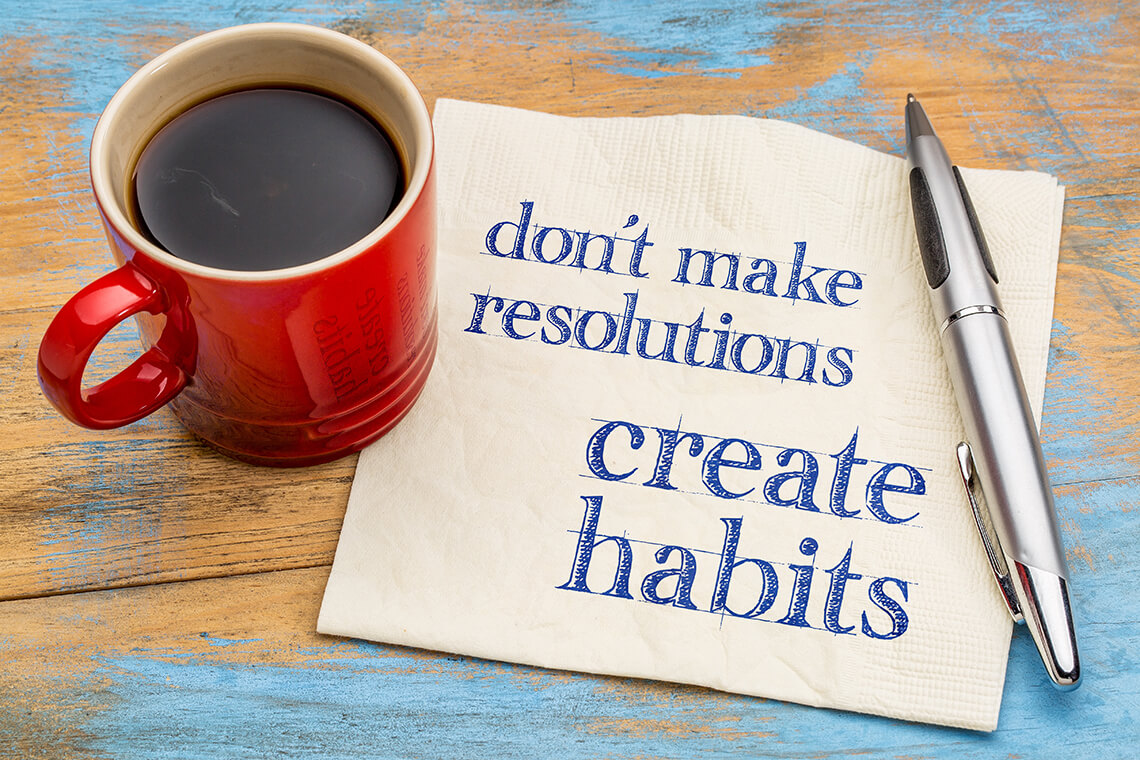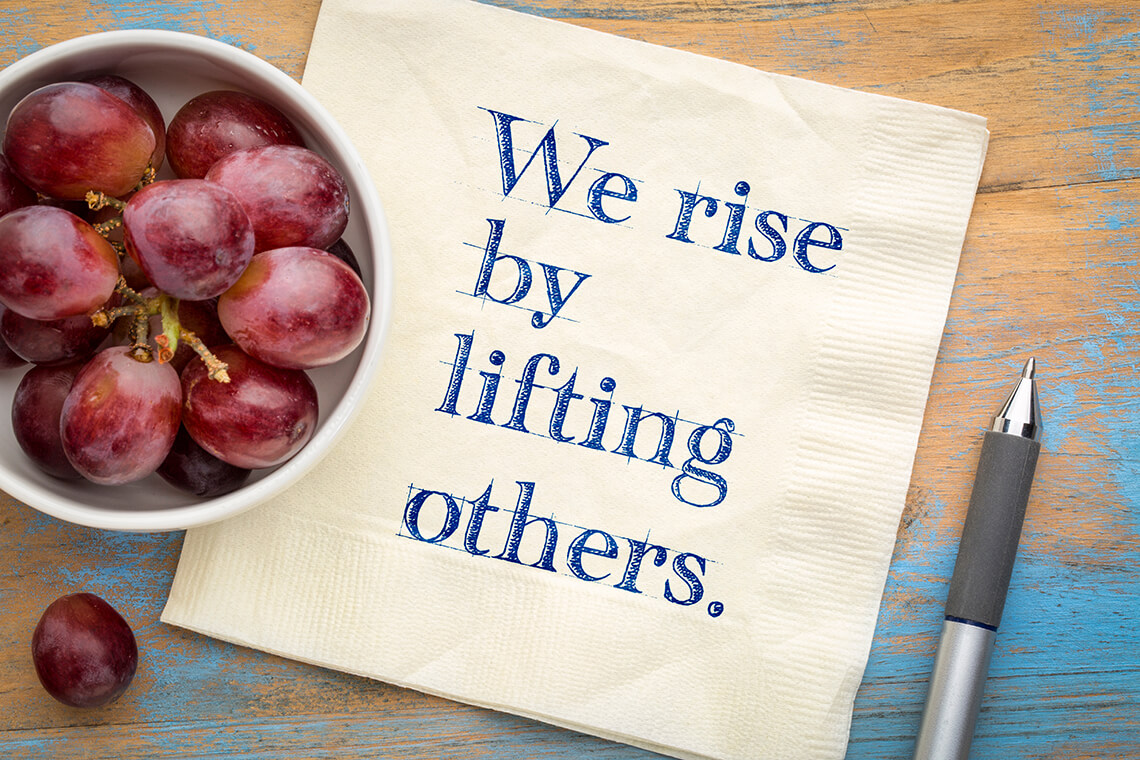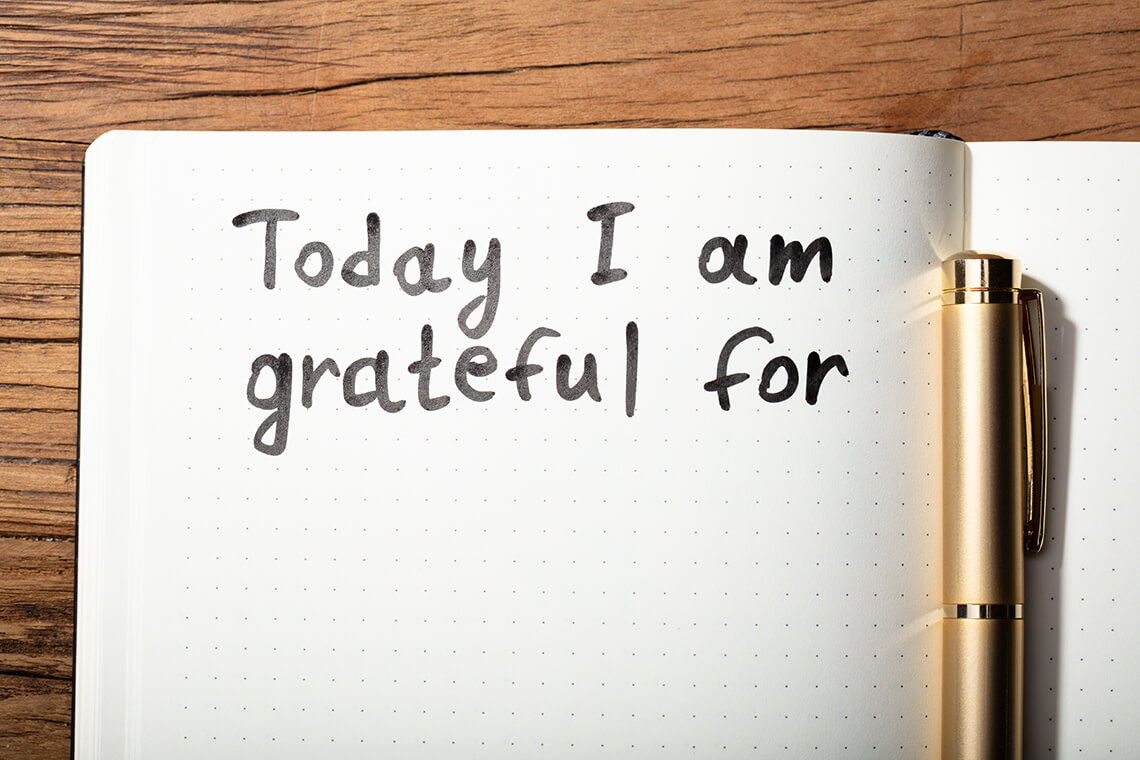As we begin 2021 with COVID-19 continuing to hold us tightly in its grip, it’s fair to say that ‘COVID Fatigue’ has set in and seriously begun to test our resilience. These unprecedented times have challenged us collectively like nothing else in recent memory and responses to the upheaval have been as numerous and varied as the virus symptoms themselves. As COVID-19 rages on, how do we stop it from wearing us down? The good news is that there are things we can do to build and maintain our resilience and manage our stress during this time.
Taking Care of You
When crisis hits, we invariably worry about caring for our families and ensuring their wellbeing. But as many health and wellness experts tell us, before we can take care of anyone else, we must first take care of ourselves. How have you been caring for yourself these last months since the onset of COVID? Have you taken time to consider your mental health and well-being? As we welcome the start of a New Year, now is a great time to take stock and make some changes to get on the right track. But how or where do we start?
A New Year usually brings with it many well-intentioned resolutions. The problem is the majority of the resolutions we make peter out by the end of January. Resolve NOT to make resolutions. Instead, focus on creating and sustaining healthy habits (and replacing unhealthy ones).
Research shows that 43% of what we do every day is performed out of habit. And while it takes time, effort and intentionality to establish a new habit, the positive impact of a healthy habit to our mental health and wellness is well worth it! Some tips to help you along:
- Assess your current daily routine and habits. How is your diet? How many hours of sleep are you averaging each night? Are you exercising? How much re-charge and/or quality time do you have built into your day? Is there a lack of balance in any of these areas? Are any unhealthy habits creeping in and taking root?
- Write it down. We will often be much more inclined to follow through with a new habit if we commit to it in writing.
- Put it in your calendar and/or set reminders. We often don’t follow through on things because we aren’t intentional about carving out time in our day to do them. With the advent of smart phones, we now have countless ways to manage our time and activities through apps and other tools. Leverage technology into your wellness plan!
- Find an Accountability Partner. Enlisting the help of a trusted family member, friend, or colleague can help you stay on track.
- Focus on the long-term positive outcome of keeping up with the habit. When we stick with a new habit, we enter a ‘self-sustaining positive feedback loop’. The loop works like this:
- You engage in a new habit such as daily exercise
- You see and feel the benefits! You have more energy, you’re sleeping better, you’re immune response has improved. You might even receive positive feedback from others.
- You feel good
- By feeling good, you are more likely to continue the habit
Adopting healthy habits will strengthen us and build needed resilience to overcome daily hurdles and carry us through heightened seasons of stress.
Be ‘Others-Focused’
With proper self-care in place, looking out for, giving back, and caring for others is another way we can survive, and even thrive, in adversity. Indeed, many spiritual laws and faiths speak to the truth that helping others is what brings true happiness and that those who refresh others will themselves be refreshed. Some ways you can help make a difference for others, and in turn yourself:
- Reach out to people you know who may be especially isolated now. Those who had mental health challenges prior to COVID have almost certainly been further impacted and need additional support.
- Volunteer your time and/or donate to local causes and charities. As we have seen, long-term care homes have really borne the brunt of this virus and need our support now more than ever. Though we can’t visit, we can reach out to local care homes and ask what we can do to help. Individuals and businesses alike have donated items such as portable music players so residents can listen to calming therapeutic music, or iPads to help families connect with their loved ones. Similarly, there are countless other organizations that need additional support due to the strain of the pandemic, such as youth and homeless shelters. Let your heart lead you as to where and what your service looks like.
- Consider mentoring a young person. Our young people face an uncertain future and need all the wisdom, guidance, and support we can give them.
Practice Gratitude
The benefits of adopting an ‘Attitude of Gratitude’ are well-documented, with many studies supporting the idea that regularly counting one’s blessings has a positive effect on our mental health and well-being. Make a commitment to practice gratitude daily in both your professional and personal life, however that works best for you, whether through prayer or meditation, journaling, or expressing it to family and friends (or all of the above!). However you do it, the practice will have the lasting positive effect of renewing your mind and building your resilience.
Reach out for Help
Remember: it’s okay to not be okay. None of us are immune to the pitfalls of life and we all have seasons of struggle. If this is one of those for you, tell someone. Often our tendency is the opposite and we instead isolate further. But we are not meant to, nor should we try, to go it alone. Our greatest lifeline exists in our community and our relationships with others. Reach out for help, knowing there may come a time when you will be the person someone else reaches out to and because you’ve been there and built up your resilience, you will be in a better position to help them. We really are all in this together and by supporting each other, we will get through this!









